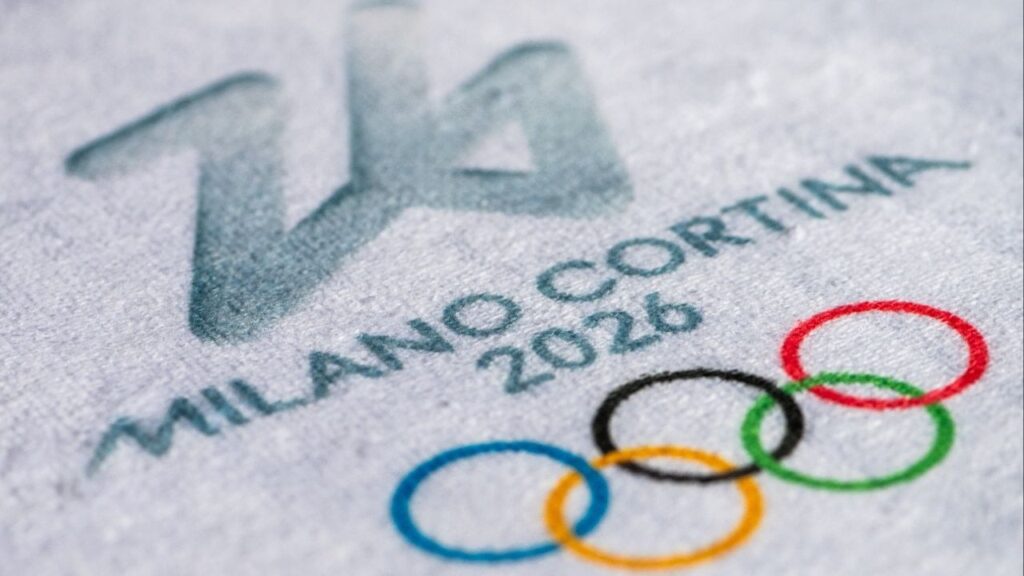Share
When tested in mice, a vaccine candidate generated a surge of antibodies against SARS-CoV-2 within two weeks of the microneedle prick.
University of Pittsburgh School of Medicine scientists say this is the first study to be published after critique from fellow scientists at outside institutions that describes a candidate vaccine for COVID-19.
The researchers were able to act quickly because they had already laid the groundwork during earlier coronavirus epidemics.
Right at the Fingertips
The vaccine described in this paper — which the authors are calling PittCoVacc, short for Pittsburgh CoronaVirus Vaccine — uses lab-made pieces of viral protein to build immunity. It’s the same way the current flu shots work.
According to a news release from the school, the researchers also used a new approach to deliver the drug, called a microneedle array, to increase potency. This array is a fingertip-sized patch of 400 tiny needles that delivers the spike protein pieces into the skin, where the immune reaction is strongest.
It Can Be Produced at Very High Levels
Mass-producing the microneedle array involves “spinning down the protein-sugar mixture into a mold using a centrifuge.”
Once manufactured, the vaccine can sit at room temperature until it’s needed, eliminating the need for refrigeration during transport or storage.
[covid-19-tracker]
Human Trials Next
The authors are applying for investigational new drug approval from the FDA. They expect phase I human clinical trials will begin in the next few months.
“Testing in patients would typically require at least a year and probably longer,” said co-senior author Louis Falo, professor and chair of dermatology at Pitt’s School of Medicine and UPMC. “This particular situation is different from anything we’ve ever seen, so we don’t know how long the clinical development process will take. Recently announced revisions to the normal processes suggest we may be able to advance this faster.”
RELATED TOPICS:
Categories

Visalia Man Charged in Fatal Apartment Assault

Arizona Court Strikes Down Abortion Restriction Laws

















